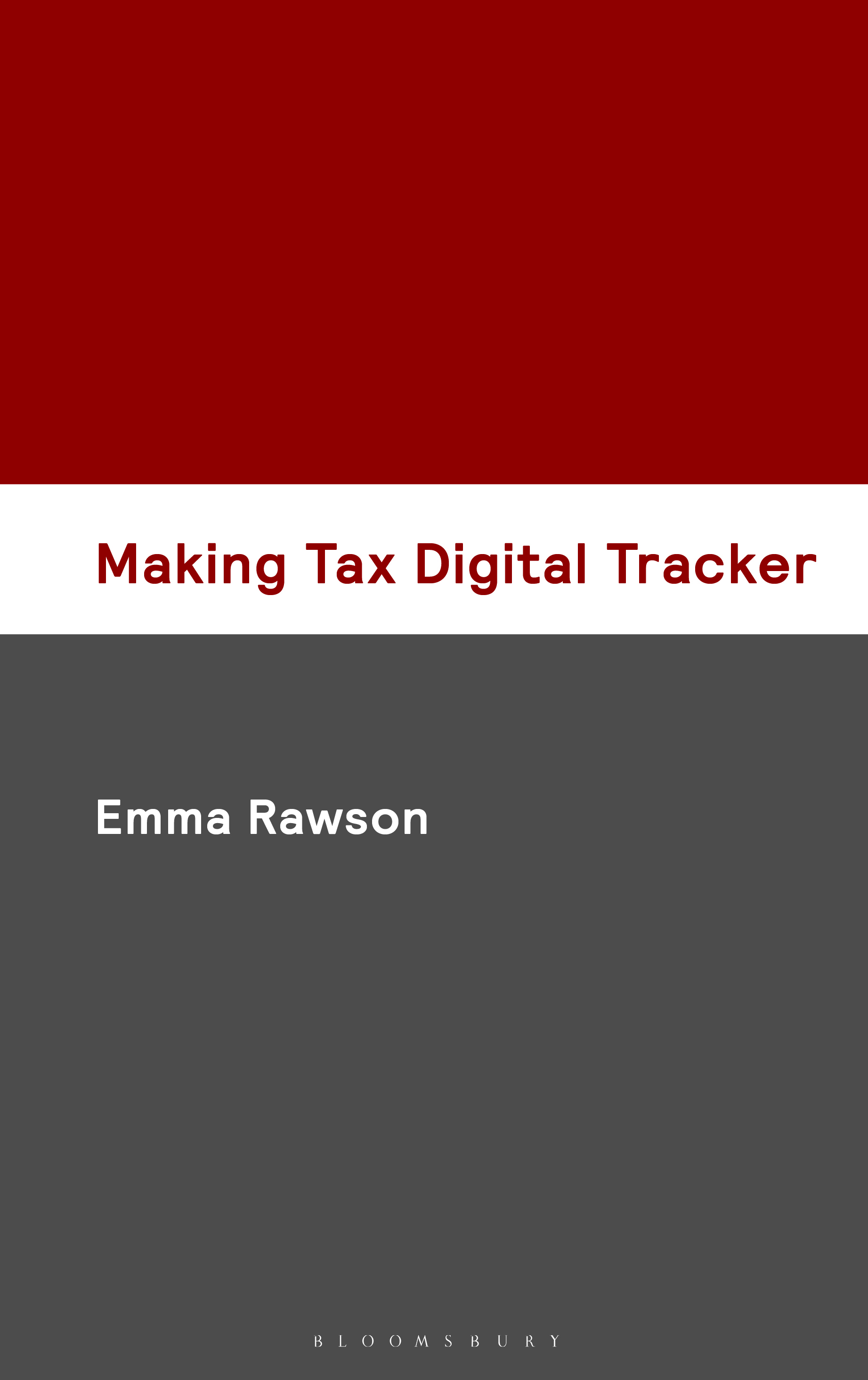Emma Rawson is a Technical Officer for the Association of Taxation Technicians (ATT), and currently the Chair of the Leeds branch of the ATT/CIOT.
She is the author of Making Tax Digital Tracker. You can receive online access to this through our Bronze Tax Service, Silver Tax Service, Gold Tax Service and Platinum Tax Service.
I originally trained in corporation tax with the Big 4, specialising in cross-border issues. After that I spent some time with a smaller firm, before moving to work as an ATT technical officer in 2017. Over the years I’ve widened my focus, and currently specialise in business taxes (both incorporated and unincorporated) as well as looking after employment taxes and VAT for the ATT. In particular, I lead our engagement on MTD and basis period reform, which as you can imagine keeps me very busy.
I’ve worked in tax in one form or another for over 16 years. The one big change I have noticed in that time is around attitudes to tax planning and avoidance. Some of the planning which would have been seen as quite common then would now be considered completely unacceptable. This has been driven, at least in part, by the increasing level of public scrutiny which the tax profession and our clients now face.
Digitalisation of tax continues to be a key trend. Making Tax Digital (MTD) will be introduced for income tax from April 2026, requiring taxpayers to keep digital records and use software to report to HMRC on a quarterly and annual basis. But the push to digitalisation doesn’t end with MTD. HMRC are keen to drive more and more processes online, partly in order to free up their own resources. However, that first requires robust and reliable digital services to be in place, which can often be a challenge.
One hot topic at the moment is basis period reform. Sole traders and partnerships who don’t draw up their accounts to 31 March or 5 April face temporary increases in their tax bills and ongoing administrative headaches. I’m spending a lot of time talking to agents and advisers so they can figure out what this means for them and their clients in practice, as well as engaging with HMRC on their plans for communications and guidance.
The main challenge at the moment is undoubtedly HMRC service levels. We hear horror stories all the time from ATT members about difficulties in getting through to HMRC on the phone and delays in receiving replies to post. This is having a real negative impact on both our members and their clients.
I think AI brings great opportunities, though we mustn’t be blind to the challenges and risks. AI might streamline processes and free up our time, but we need to ensure it does not affect the quality of our work as tax professionals. AI poses particular challenges to the ATT and other professional bodies when we look at things like Professional Conduct in Relation to Taxation (PCRT) and our exams. Having said that, I’m sure the profession will adapt, just as we did when computers and the internet first entered the fray.
